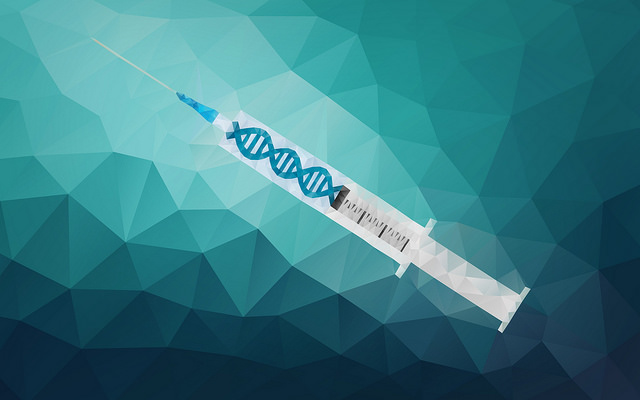How gene therapy is emerging from its ‘dark age’
By Gemma Conroy,
Nature
| 12. 14. 2022
In a landmark 1972 paper1, physician Theodore Friedmann and biochemist Richard Roblin foresaw a future in which DNA could be manipulated to help treat human genetic diseases. But they cautioned that it should remain off-limits until the field gained a firmer grasp of genetic processes in cells, their relationship to disease and the potential side effects of treatments.
Over the following years, scientists began to remove these obstacles, and in 1990 achieved a major breakthrough when a four-year-old girl with a form of severe combined immunodeficiency disease was successfully treated in a clinical trial2. This ushered in a decade of high hopes and bold promises.
But the afterglow of that early achievement proved short-lived, as a labyrinth of technical challenges emerged. A common gene-therapy approach involves delivering a healthy gene to cells that have only defective copies in their genetic libraries. Once inside, the therapeutic gene instructs the cells to manufacture functional proteins instead of faulty ones. One difficulty has been making sure a treatment gene zeroes in on the correct cells in the right tissue, and is shuttled into...
Related Articles
By Diaa Hadid and Shweta Desai, NPR | 01.29.2026
MUMBRA, India — The afternoon sun shines on the woman in a commuter-town café, highlighting her almond-shaped eyes and pale skin, a look often sought after by couples who need an egg to have a baby.
"I have good eggs,"...
By George Janes, BioNews | 01.12.2026
A heart attack patient has become the first person to be treated in a clinical trial of an experimental gene therapy, which aims to strengthen blood vessels after coronary bypass surgery.
Coronary artery bypass surgery is performed to treat...
By Staff, ScienceDaily | 01.05.2026
Scientists at UNSW Sydney have developed a new form of CRISPR technology that could make gene therapy safer while also resolving a decades-long debate about how genes are switched off. The research shows that small chemical markers attached to DNA
...
Following a long-standing CGS tradition, we present a selection of our favorite Biopolitical Times posts of the past year.
In 2025, we published up to four posts every month, written by 12 authors (staff, consultants and allies), some in collaboration and one simply credited to CGS.
These titles are presented in chronological order, except for three In Memoriam notices, which follow. Many more posts that are worth your time can be found in the archive. Scroll down and “VIEW...




